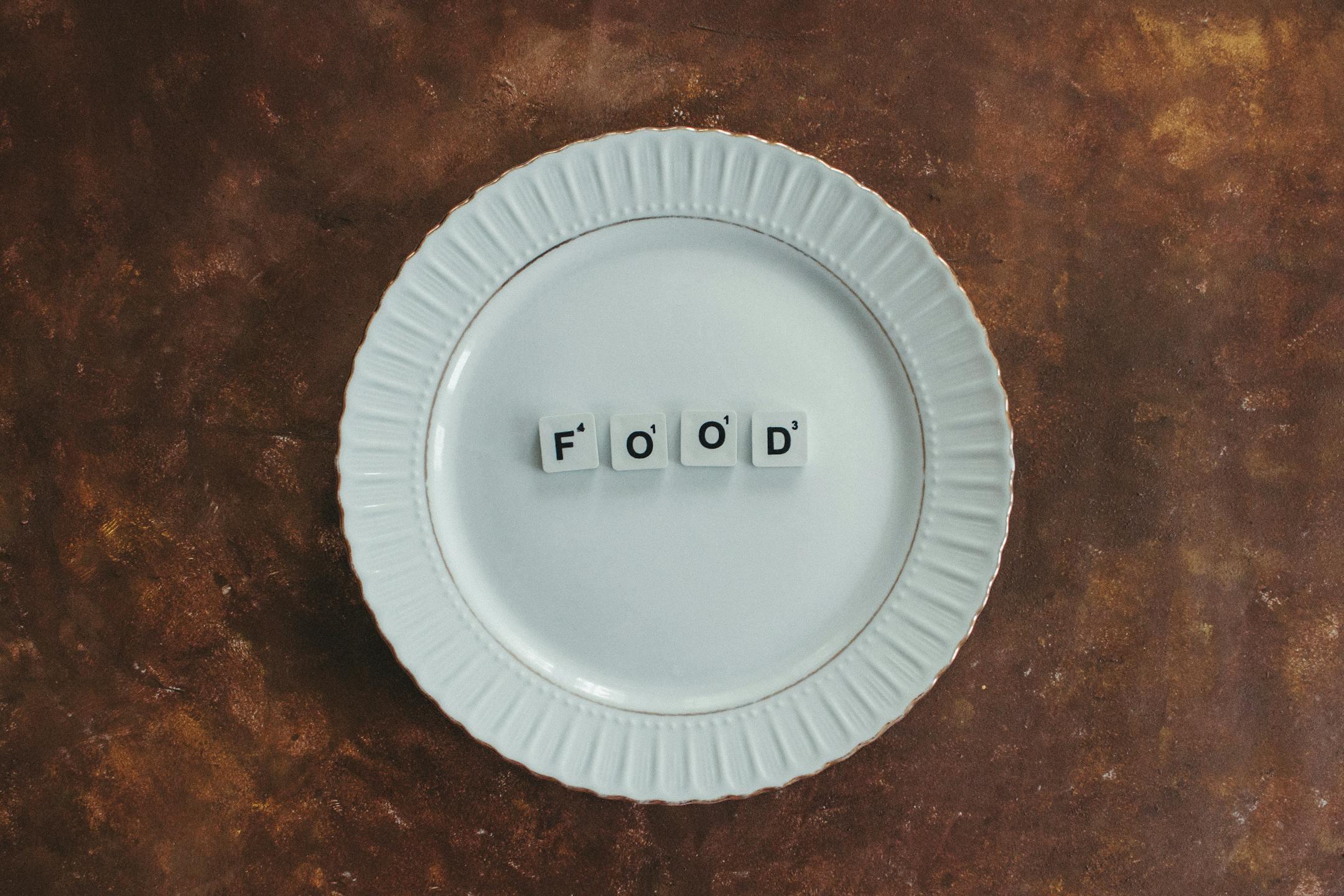
When it comes to our relationship with food, many women I work with find themselves wondering if what they’re experiencing is “normal,” or if it could be something more serious. One area that often brings confusion is the difference between an eating disorder and disordered eating. While they share similarities, they are not the same—and understanding the difference can be the first step toward healing.
What is an Eating Disorder?
An eating disorder is a diagnosable mental health condition that affects both physical and emotional health. The most common types include:
- Anorexia Nervosa: Restricting food intake, intense fear of weight gain, and distorted body image.
- Bulimia Nervosa: Cycles of binge eating followed by compensatory behaviors such as vomiting, over-exercising, or misuse of laxatives.
- Binge Eating Disorder (BED): Recurrent episodes of eating large amounts of food in a short time, often accompanied by shame or guilt, without purging behaviors.
Eating disorders are complex, serious, and can be life-threatening without treatment. They require professional support from therapists, medical providers, and often dietitians.
What is Disordered Eating?
Disordered eating refers to a wide range of unhealthy eating behaviors that don’t necessarily meet the criteria for a clinical eating disorder. These behaviors might include:
- Frequently skipping meals or yo-yo dieting.
- Obsessing over calories, weight, or exercise.
- Rigid food rules (“good” foods vs. “bad” foods).
- Emotional eating or using food to cope with stress.
- Guilt or shame after eating certain foods.
While disordered eating might not be as extreme as an eating disorder, it can still harm your physical health, self-esteem, and overall wellbeing. It may also increase the risk of developing a full-blown eating disorder if left unaddressed.
Why This Distinction Matters
It’s important to recognize that both eating disorders and disordered eating deserve care and attention. You don’t have to wait until things become “serious enough” to seek help. If food, weight, or body image are impacting your daily life, relationships, or mental health, that’s reason enough to reach out for support.
My Perspective as a Therapist
In my practice, I help women explore their relationship with food, body image, and control. Whether you’re navigating a diagnosed eating disorder or struggling with disordered eating patterns, healing is possible. Therapy can provide tools to challenge harmful beliefs, develop a more balanced relationship with food, and, for those who desire it, integrate faith-based principles to find freedom and peace.
A Word of Hope
If you see yourself in either of these descriptions, please know this: you are not alone, and recovery is possible. Your worth is not defined by what you eat, how you look, or the number on a scale. With the right support, you can move toward freedom, health, and confidence in your body and life.